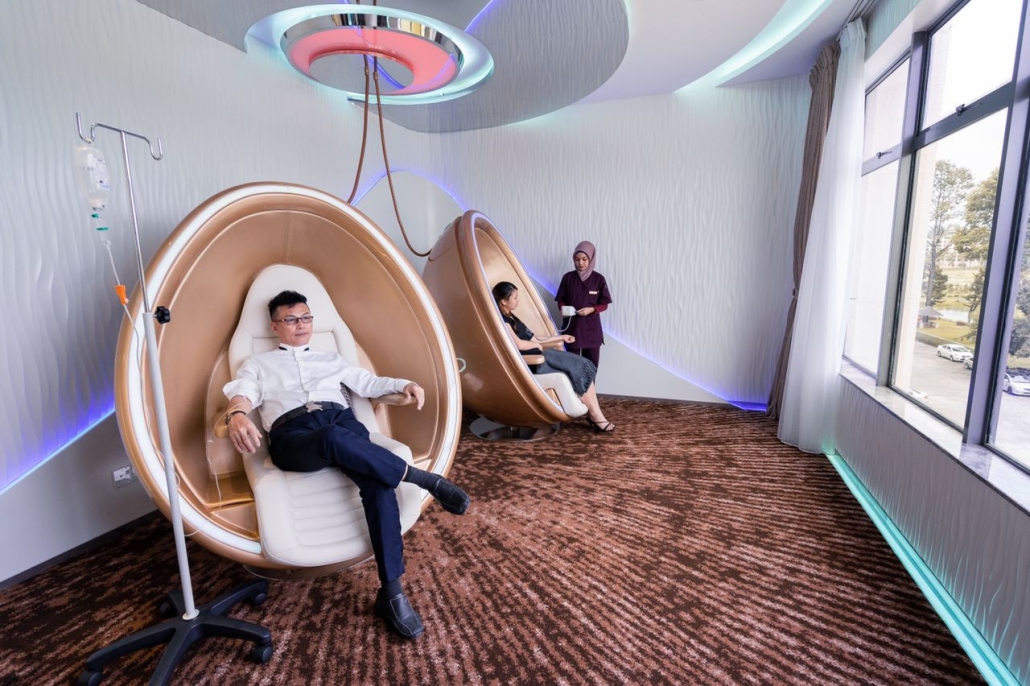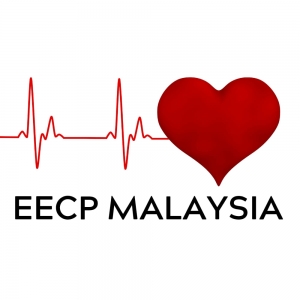Unleashing the Healing Power: Understanding the Mechanisms of Stem Cell Therapy

Over the past few years, Mesenchymal Stem Cells (MSCs) or Stem Cell Therapy have emerged as a promising tool in the field of regenerative medicine, offering significant potential for the repair and regeneration of tissues. One highly effective method of delivering MSCs is through intravenous (IV) drip therapy, which directly infuses these cells into the bloodstream. In this article, we will explore the mechanisms by which MSCs unleash their healing capabilities in IV drip therapy, shedding light on their ability to modulate the immune response, promote anti-inflammatory effects, and stimulate tissue regeneration.
MSCs and Their Immunomodulatory Effects
MSCs possess unique properties that allow them to modulate the immune system, contributing to their therapeutic potential. When administered via IV drip, MSCs interact with various immune cells, including T cells, B cells, and natural killer cells, resulting in a cascade of beneficial effects. Studies have demonstrated that MSCs can regulate the immune response by suppressing excessive inflammation, promoting the development of regulatory T cells, and reducing the production of pro-inflammatory molecules. These immunomodulatory effects position MSCs as an ideal candidate for treating immune disorders and inflammatory conditions.
Anti-inflammatory Effects of MSCs in IV Drip Therapy
Chronic inflammation is the underlying cause of numerous diseases, such as autoimmune disorders, cardiovascular conditions, and neurodegenerative diseases. IV drip therapy involving MSCs has shown potent anti-inflammatory effects. By secreting anti-inflammatory factors, MSCs can dampen the immune response and decrease the production of pro-inflammatory cytokines. Additionally, MSCs can interact with immune cells at the site of injury or inflammation, encouraging a shift towards an anti-inflammatory environment. This ability to alleviate inflammation makes MSCs a valuable therapeutic tool for a wide range of inflammatory conditions.
Stimulation of Tissue Regeneration
One of the most remarkable characteristics of MSCs is their capacity to differentiate into various cell types, including bone, cartilage, muscle, and fat cells. In IV drip therapy, MSCs can home in on damaged tissues and actively contribute to tissue repair and regeneration. Research has indicated that MSCs can promote angiogenesis, which is the formation of new blood vessels in injured tissues. This process improves blood supply to the affected area, leading to enhanced healing. Additionally, MSCs can stimulate the proliferation and differentiation of local stem cells, facilitating tissue regeneration. These regenerative properties make MSCs a promising treatment approach for conditions such as osteoarthritis, wound healing, and musculoskeletal injuries.
Paracrine Signaling and Trophic Factors
While the direct differentiation of MSCs into specific cell types plays a role in tissue repair, their ability to engage in paracrine signaling is equally crucial. MSCs secrete an array of trophic factors, growth factors, and cytokines that can modulate the microenvironment of damaged tissues. These factors promote cell survival, enhance the proliferation of local cells, reduce the formation of scar tissue, and facilitate the recruitment of naturally occurring stem cells to the injury site. The paracrine effects of MSCs significantly contribute to their therapeutic potential in IV drip therapy, supporting tissue regeneration and facilitating functional recovery.
Intravenous (IV) drip therapy utilizing mesenchymal stem cells (MSCs) offers a powerful approach to harness their healing potential. Through their immunomodulatory effects, MSCs can regulate the immune response, while their anti-inflammatory properties help alleviate excessive inflammation. Furthermore, MSCs’ ability to stimulate tissue regeneration through differentiation and the secretion of trophic factors makes them invaluable in the field of regenerative medicine.
As ongoing research on MSCs continues to advance, IV drip therapy holds promise for treating a broad range of conditions, including autoimmune disorders, neurodegenerative diseases, and musculoskeletal injuries. Understanding the mechanisms behind the healing power


